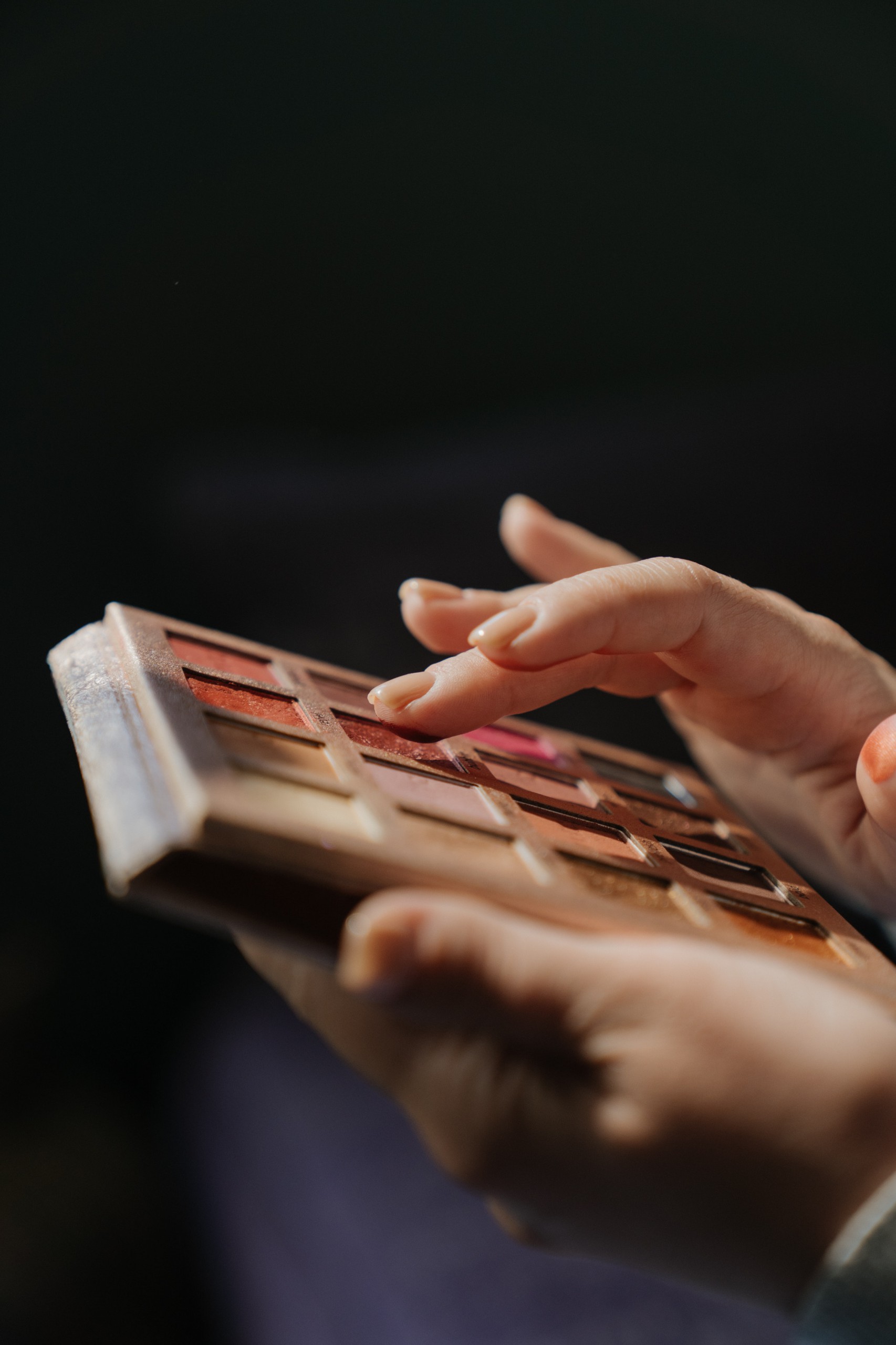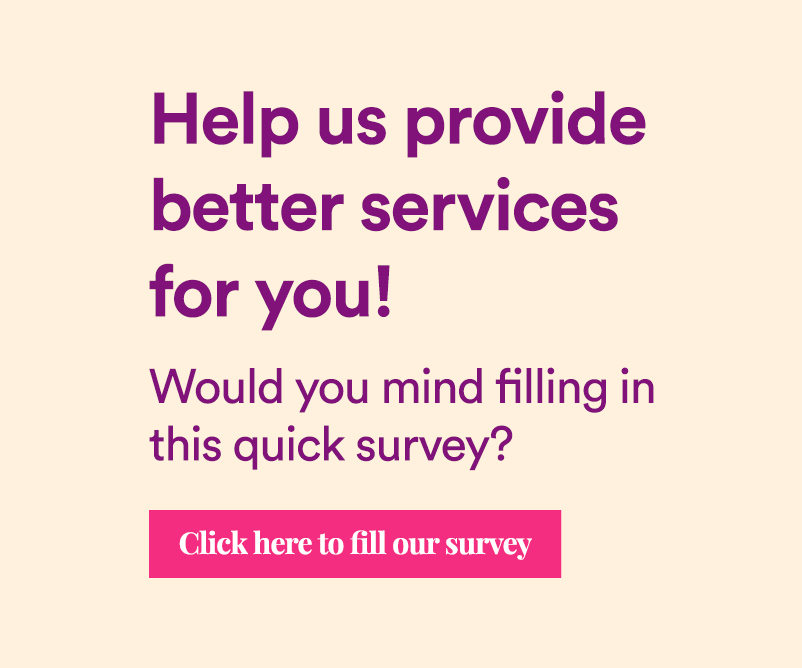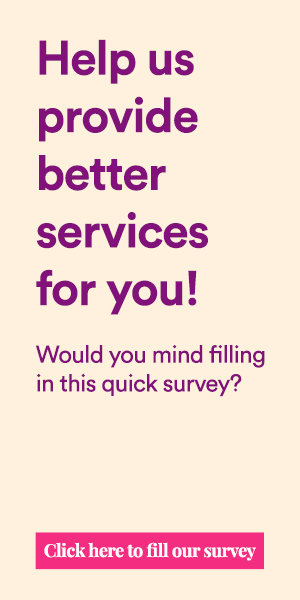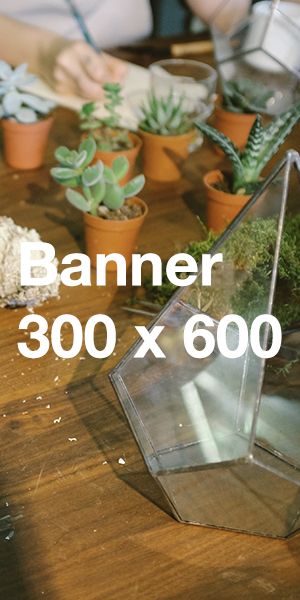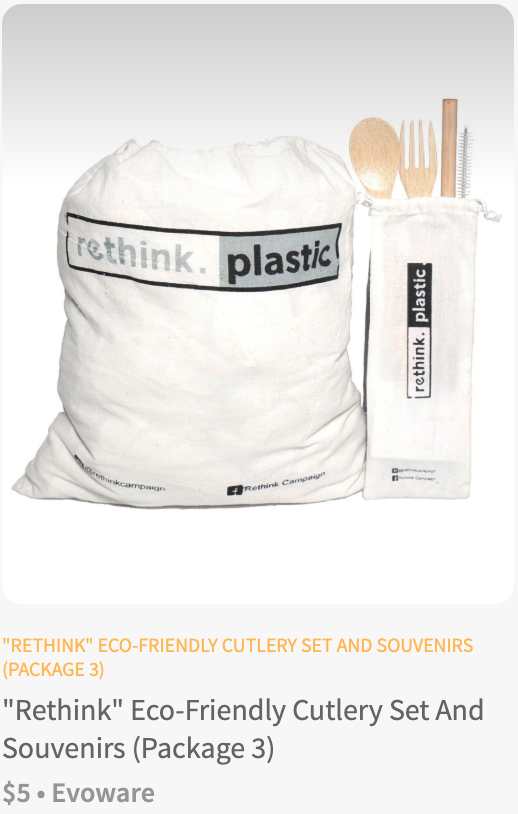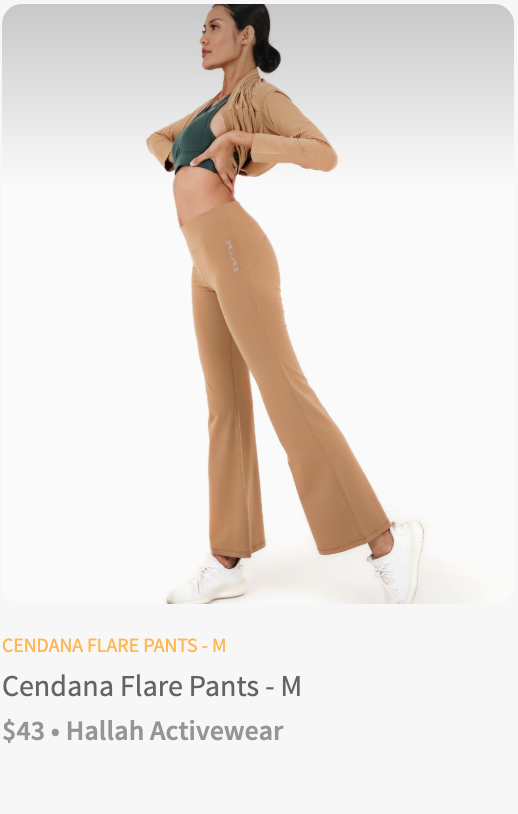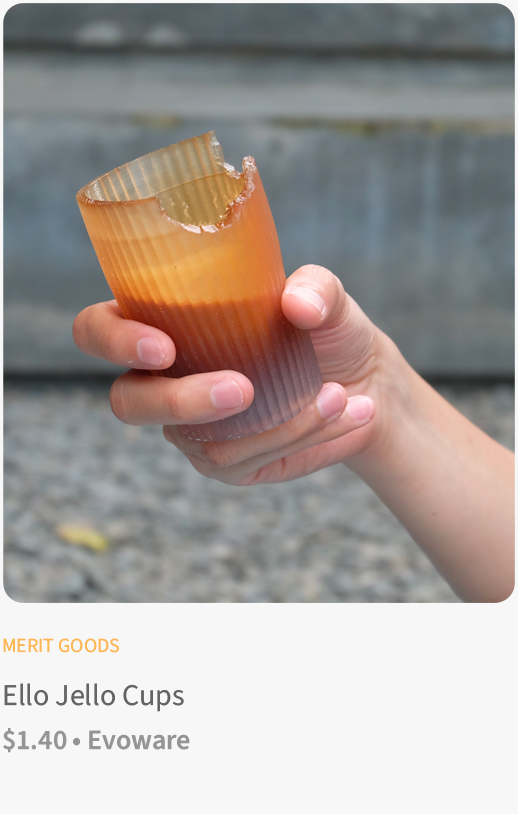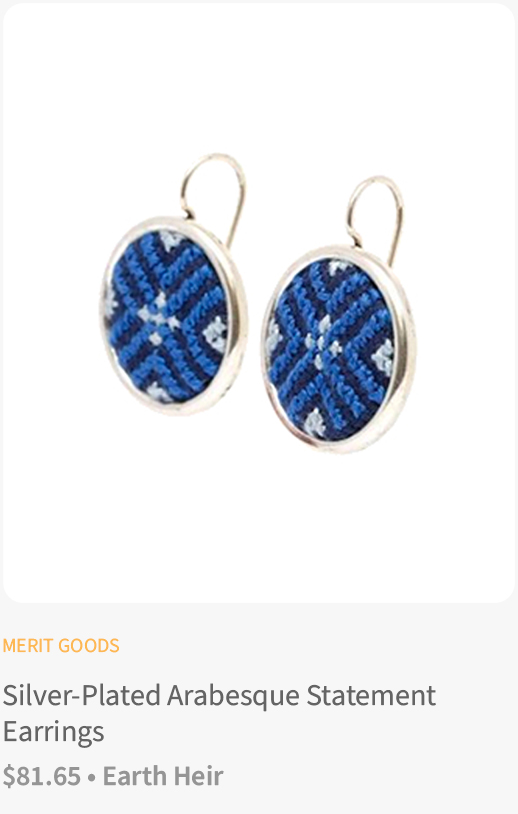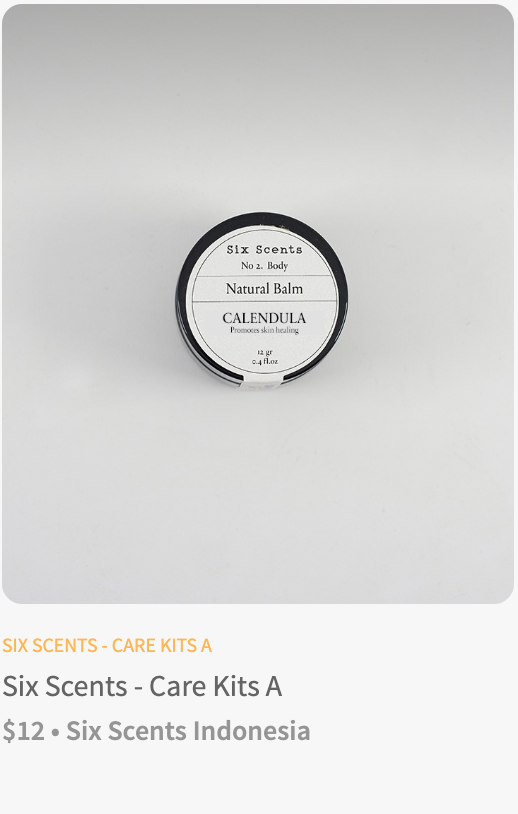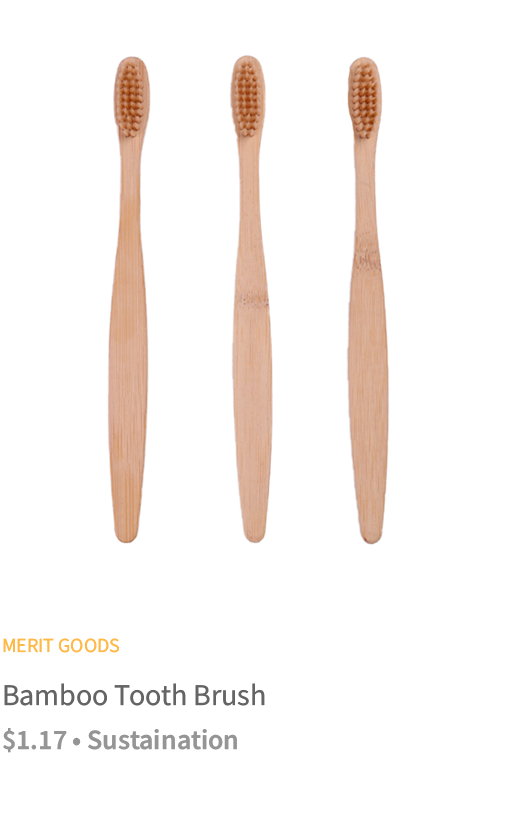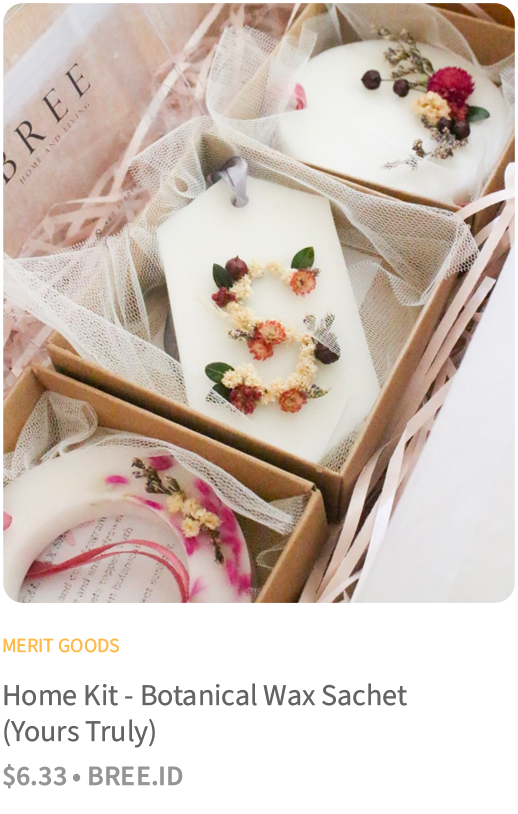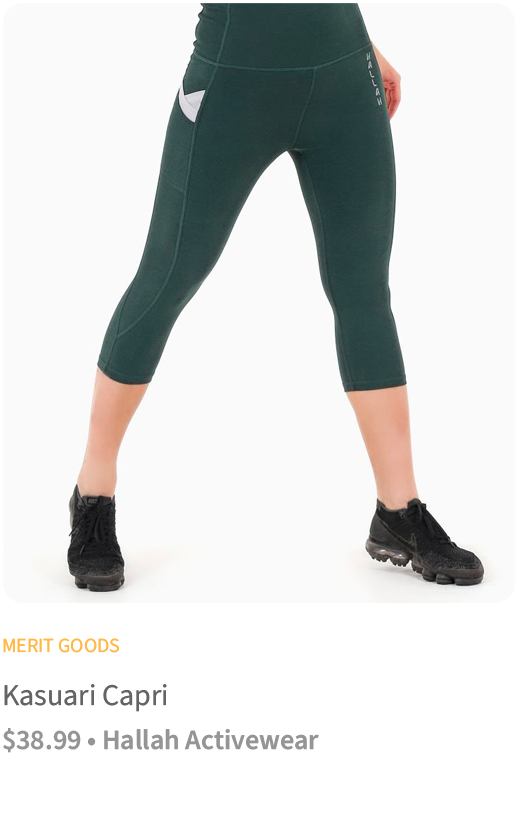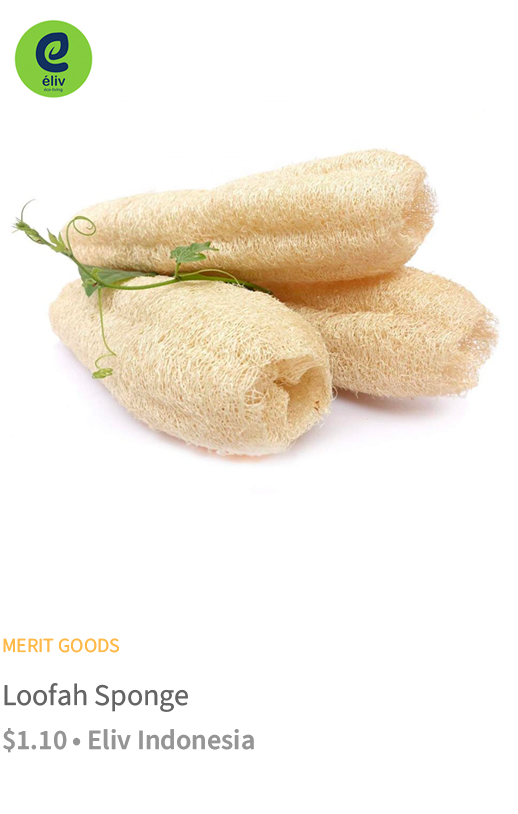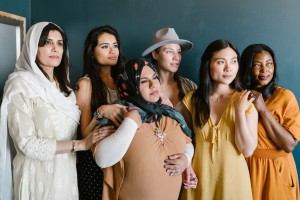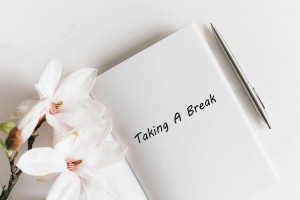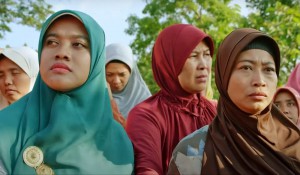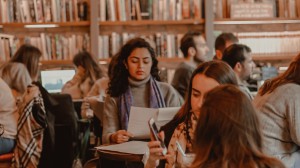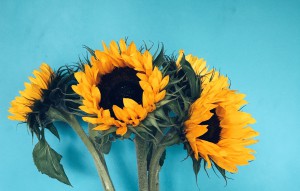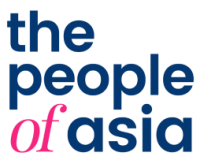Makeup brands used to promote unrealistic beauty standards but amidst the pandemic, they are now advocating for more self-acceptance.
Last year, Selena Gomez released a makeup line called ‘Rare Beauty’ to shape conversations around beauty, self-acceptance, and mental health. The actress/singer, who has struggled with bipolar disorder, thinks that as women, most of us have a tendency to self-scrutinize and feel pressured to strive for perfection when it comes to our appearance. And that oftentimes we think that using makeup can help us get there.
Rare Beauty aims to challenge this view. The brand wants to familiarize the idea that makeup has the power to help us accept ourselves and show our unique individualities. They also encourage us to do so with a positive mindset. For instance, some of the brand’s products are named with cute, motivational messages like ‘Always an Optimist Illuminating Primer’, ‘Positive Light Liquid Luminizer’, and ‘With Gratitude Dewy Lip Balm’. In general, the brand delivers the premise that it’s okay to embrace our imperfections and not to conform to the unattainable beauty standards that our society has hailed for too long.
In line with Gomez, Hollywood celebrities like Rihanna and Lady Gaga have similarly launched their own makeup lines in recent years, along with messages that weren’t typically introduced by mass beauty brands in the past, such as inclusivity, healthy body image, and self-love. These brands have been turning makeup into a powerful platform for raising awareness, something that we wouldn’t probably have expected a decade ago. But how has makeup’s role shifted amidst the pandemic? And how relevant is the idea of self-acceptance amongst local brands?
Pre-pandemic: the ‘Fenty Effect’ and challenging beauty ideals
In the earlier days, the beauty industry was often associated with the role of perpetuating industry-defined ideal standards. These would typically translate to promotions of predominantly white, tall, and skinny models and celebrities on ad campaigns or the cover of glossy magazines. In this context, brands tend to advertise their products as a solution for women who feel like they should live up to certain beauty ideals. The industry thereby made profit by consistently leveraging on women’s insecurities and their desire to achieve the ideal look that was then considered a necessity.
But in the last few years, makeup brands have come up with a different marketing strategy. Instead of supplying us with elusive images, these brands seek to represent how we look in real life as well as communities who have been overlooked by the industry. Case in point, when Rihanna’s ‘Fenty Beauty’ launched in 2017, it instantly dominated the market by releasing 40 shades of foundation (since expanded to 50) that spanned from the fairest to the deepest skin tones with a campaign that simply said “Beauty for All”. The brand went on to spark what is known as the ‘Fenty Effect’, inspiring other makeup brands such as Maybelline, MAC, and Dior to develop a wider range of shades. Women of color and even the ones with rare genetic conditions like albinism continue to praise Fenty to this day for bringing inclusivity and diversity to the beauty department, as they no longer struggle to find products that suit their complexion.
Following Fenty’s monumental success, more beauty and makeup brands sought to break down beauty stereotypes and misconceptions through their campaigns. In 2018, Revlon cast plus-size supermodel Ashley Graham as the face of their “Live Boldly” campaign to promote a healthy body image. Lady Gaga launched ‘Haus Laboratories’ in 2019 with a gender-neutral tone (i.e. many of the brand’s promotional signature looks are done on non-binary models) and hers was also amongst the earliest brands to explicitly highlight the connection between beauty and self-acceptance. The pop icon, who has battled with depression since a young age, claimed that makeup has helped her to find a voice throughout her life, especially in times when she didn’t feel like she could fit in. So through Haus Labs, she wanted to show that beauty is really about how you see yourself. And that same year, model Charli Howard founded a brand called ‘Squish Beauty’ to normalize acne or skin imperfections and remove the culture of shame around women’s bodies, as well as helping to catalyze the ‘acne-positivity’ movement which has been getting more attention recently.
Makeup in Covid-19 times: fostering self-acceptance and mental wellbeing
In the wake of a global crisis, makeup brands must figure out how to reposition themselves as our makeup habits and perceptions about beauty continuously evolve. Some of us, for example, wear less makeup since we’re constantly at home around our families and are getting more used to embracing our imperfections. While others, including myself, wear it on a daily basis just for fun. In the beginning of the pandemic, brands tried navigating these changes by popularizing ‘virtual beauty’ to remind us that makeup is still important because of Zoom meetings and online gatherings. But given the health concerns, ever-changing safety restrictions, job losses, and more kinds of challenges faced during these trying times, many of us came to realize that applying makeup for the sake of impressing others is becoming increasingly unnecessary.
We may also find completing simple tasks – such as getting up in the morning, working and attending household chores – to be overbearing these days. Hence, we prefer making space for activities that are simple and feel good rather than those that require work and maintenance. In relation to beauty, this shift is well evidenced in a series of trends, ranging from the resurgence of interest in skincare and ‘natural beauty’ to the rise of DIY makeup experiments and creative online tutorials. More people are also finding that beauty routines play an important role in helping them cope with stress, boredom, or anxiety.
In essence, what most of us define as ‘beautiful’ today may no longer be just about the looks but more about the way we feel.
In light of this, makeup brands today try to reclaim their relevance by adopting the tone of language that is often used when discussing mental health. They do so by emphasizing the importance of self-love, self-acceptance, and self-care to communicate makeup and beauty as part of our mental and emotional wellbeing. For instance, CoverGirl’s brand ambassador/actress Lili Reinhart, who has publicly struggled with body image, spoke about how she has been learning to regain her skin confidence during quarantine by accepting her acne. In August of last year, 19-year-old TikTok influencer Addison Rae launched a viral makeup line, ‘Item Beauty’, with the tagline “a dose of self-love” that’s dedicated for Gen Z whom she thinks are demanding “radical self-acceptance” to be included as part of beauty norms. While the most recent one, Rare Beauty, goes even further by collaborating with organizations to help erase the stigma around mental illness and encouraging others to have a conversation about how they’re doing in the current crisis.
Self-acceptance in Indonesian makeup brands
Within the Indonesian context, a few makeup brands have started embracing makeup brands that have started embracing self-acceptance in their communications. One of them is local influencer Titan Tyra’s makeup line ‘Secondate’ that was launched in early 2020. The brand drew positive reviews by using real-life accounts of women’s personal experiences that define their beauty as part of their distinctive branding – many of which include difficult subjects that are hard to reckon with, much less talked about in public, such as surviving depression, sexual abuse, and cancer. This way, Secondate communicates self-acceptance by providing consumers with the space to accept and share their journeys in a way that makes them feel safe and heard.
Secondate’s real-life accounts of female survivors posted on Instagram | Courtesy of Instagram/@secondatebeauty
From a mainstream category, L’Oréal Indonesia worked with Indonesian famous beauty content creator Tasya Farasya on an ad campaign that shows the influencer ignoring haters’ comments by reciting phrases such as “I insist to stay true to myself and never imitate” and “I convince myself that I’m beautiful, worth it, and unbreakable”. Another example of a local brand that more explicitly evokes self-love and self-acceptance comes from skincare instead of makeup category. The brand ‘Base’ created the campaign “beBASEkspresi” (free to express) to remove “the stigma and the concept of standardized ideal of beauty”. To do this, the brand sold a range of skincare merchandises with specific themes such as self-expression (“Freedom to be Ourselves” or “Fearlessly Authentic”) and diversity (“The Beauty from Sabang to Merauke”), an issue that strongly persists in the local beauty landscape to this day.
When it comes to beauty, self-acceptance messages can in fact manifest in different ways, whether they concern being diverse and inclusive, embracing skin imperfections, caring for our mental health or even saying no to haters. But one thing that’s certain is that they are all here to challenge the status quo. Amidst the pandemic, we have more than enough time to assess things that no longer suit us, including unrealistic beauty ideals. Now more than ever is the time for brands to listen, to allow us to define beauty in our own ways, and to support us.
--
Caranissa Djatmiko is a Semiotics Consultant at cultural insights and strategy consultancy Crowd DNA. She writes about the crossover between pop culture, gender, and media representation.


